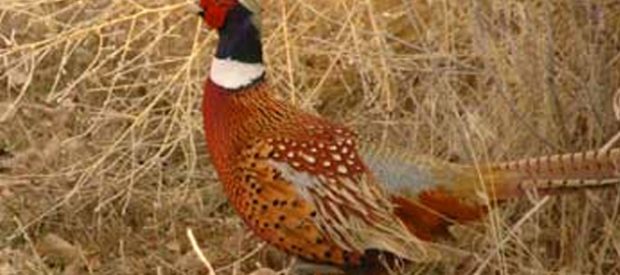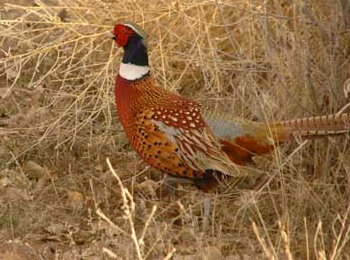Hunting: A N.D. tradition

Devils Lake Journal
Kyle Blanchfield, opinion editorial
Dec. 10, 2010
What do a resort in Devils Lake, a convenience store in Jamestown, and a restaurant in Dickinson have in common? Hunting.
As the owner of Woodland Resort in Devils Lake, I think of hunting as part of our tradition and heritage of North Dakota. It’s also a large part of our economy. North Dakota hunters spend over $100 million each year through purchasing clothing, ammunition, meals, and everything in between. The economic ripple affect on the state economy is $278 million dollars, according to the Congressional Sportsman Foundation. This obviously helps to keep our economy strong and our employment rates high.
The positive economic aeffect of hunting across a variety of industries is an exceptional story to tell, especially in North Dakota. A large cross section of businesses here have stories about the impact of hunting each year and the important economic chain involving hunting and shooting that supports many jobs, both rural and urban. Because hunters have such a wide variety of needs, from gear and supplies to food, gas, and lodging, many different businesses are able to enjoy the fruits of the industry.
North Dakota hunters also make a big contribution toward ensuring the future of many species of wildlife and habitat for the future by purchasing required licenses, tags and stamps, and paying federal excise taxes on hunting equipment and ammunition. Through the Pittman Robertson Act, this excise tax paid by hunters on equipment, hunters are contributing hundreds of millions of dollars for conservation programs that benefit many wildlife species, hunted and non-hunted. For instance, each year, nearly $200 million in hunters’ federal excise taxes are distributed to state agencies to support wildlife management programs, the purchase of lands open to hunters, and hunter education and safety classes. Proceeds from the Federal Duck Stamp, a required purchase for migratory waterfowl hunters, have purchased more than 5 million acres of habitat.

And yet, there are still organizations out there that want to stop hunting’s heritage and economic impact with their politically-motivated science. The president of the United States Humane Society has made statements about wanting to eliminate hunting altogether, and PETA certainly is not a friend to the industry. What would happen if they were to achieve their goal? Businesses across our great state would lose substantial amounts of commerce, our wildlife conservation and management efforts would be hindered, and our state tax pool would reduce.
The tradition and the economic impact of hunting is an important part of our state and an important story to tell, especially now during the hunting season. The hunting industry brings together and supports a wide range of businesses across the state and all North Dakotans should be aware of the economic impact it truly has and the contribution it brings to our state.




















































